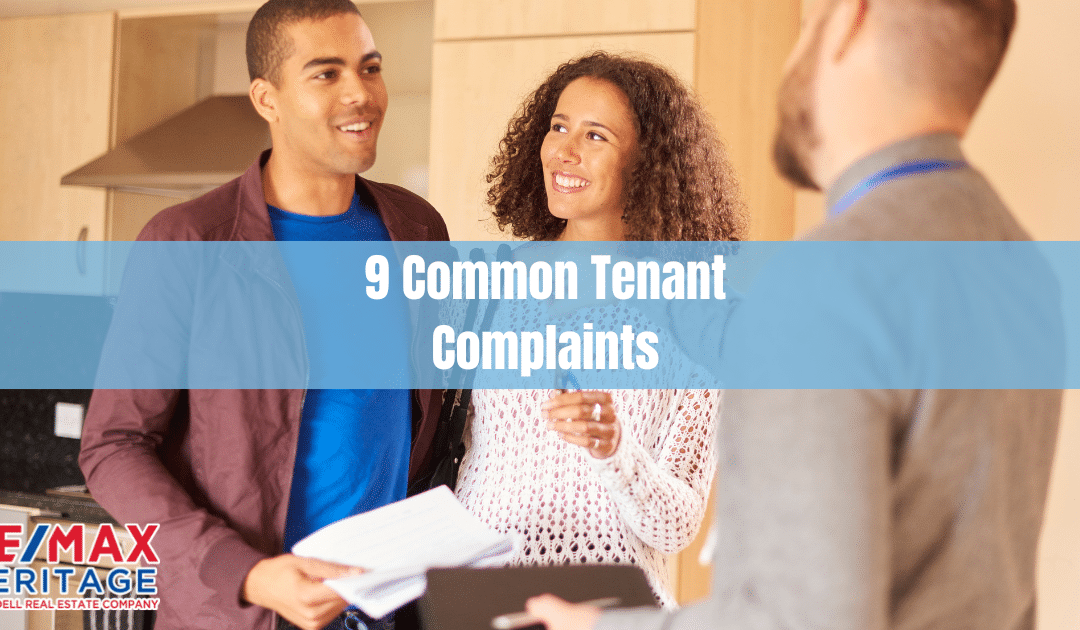
by Elsa Soto | Apr 14, 2023 | Blog, News, Property Management, Renters
9 Common Tenant Complaints 9 Common Tenant Complaints At some point during their lease period, your tenant may bring concerns to your attention that can vary in subject and severity. Addressing these concerns right away is important to establish a great...
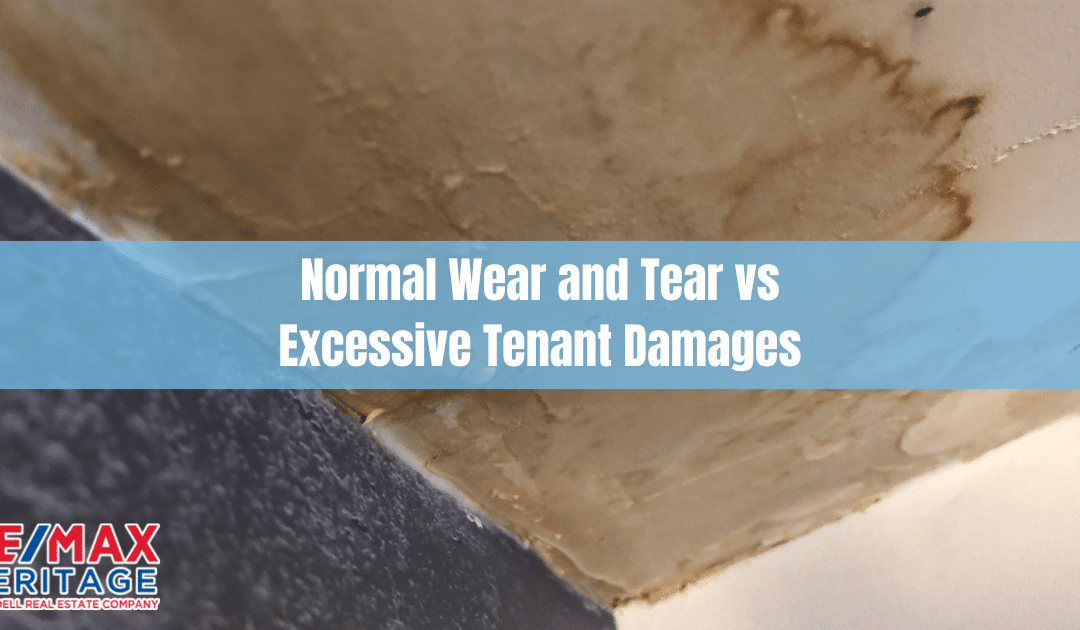
by Elsa Soto | Mar 24, 2023 | Blog, Homeowners, Homes, Villas and Condos, News, Property Management, Real Estate News, Renters
Normal Wear and Tear vs Excessive Tenant Damages Normal Wear and Tear vs Excessive Tenant Damages “Normal wear and tear” is one of those landlord-tenant law phrases that is subjectively difficult to define. It’s one of the leading contributors to...
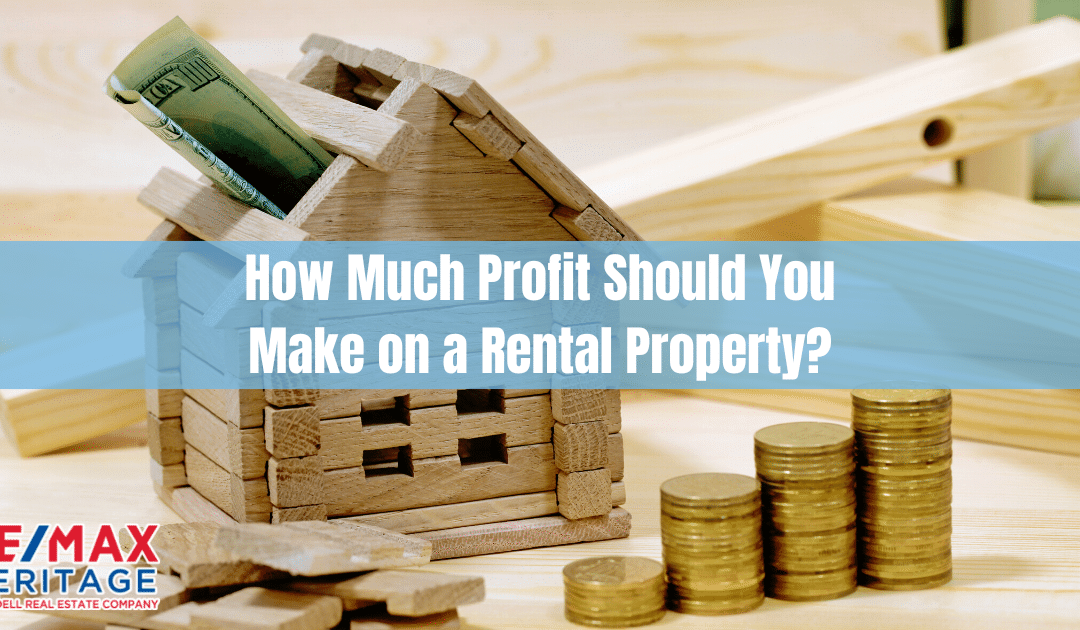
by Elsa Soto | Mar 17, 2023 | Blog, Homeowners, Homes, Villas and Condos, News, Property Management, Real Estate News, Renters
How Much Profit Should You Make on a Rental Property? How Much Profit Should You Make on a Rental Property? The objective of a rental property business is to generate gross monthly income that can help cover operating expenses and result in profits. But in order to...
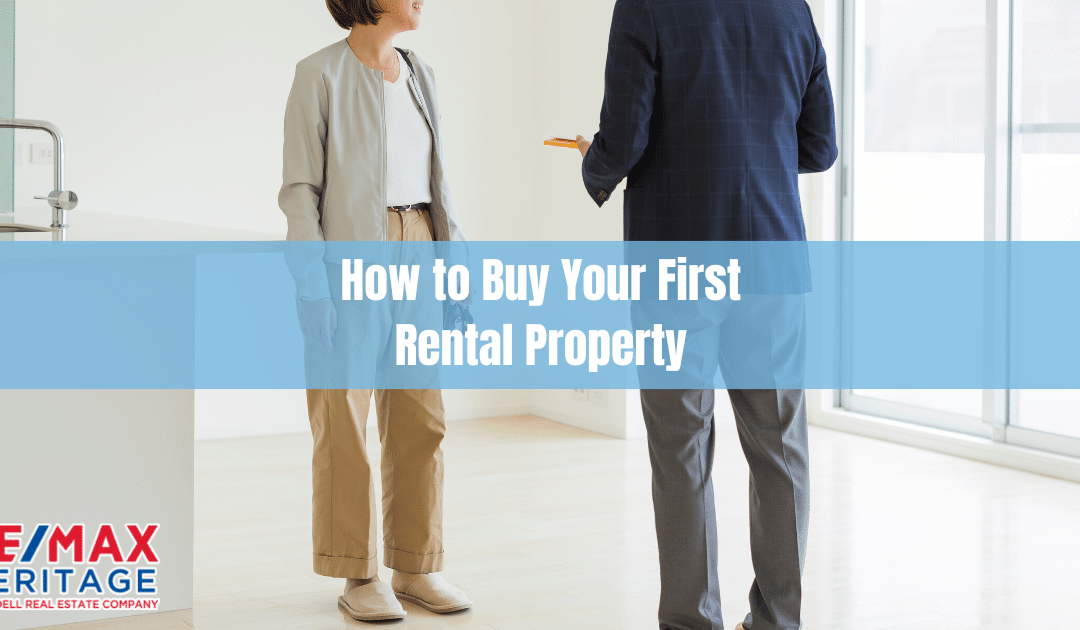
by Elsa Soto | Mar 10, 2023 | Blog, Homeowners, Homes, Villas and Condos, Investment Property in Florida, News, Property Management, Real Estate News, Renters
How to Buy Your First Rental Property How to Buy Your First Rental Property Owning a rental property can be a great way to start investing in real estate. However, buying your first property is just a small portion of running a successful rental business. If...
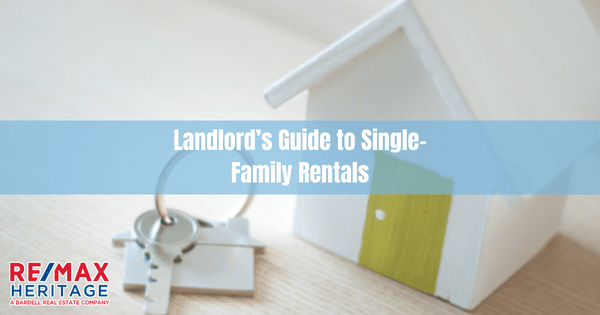
by Elsa Soto | Feb 24, 2023 | Blog, Homeowners, Homes, Villas and Condos, News, Property Management, Renters
Landlord’s Guide to Single-Family Rentals Landlord’s Guide to Single-Family Rentals Single-family homes often serve as primary residences, but more and more landlords are renting out their houses to keep properties they’re not ready to sell. This can also be a...
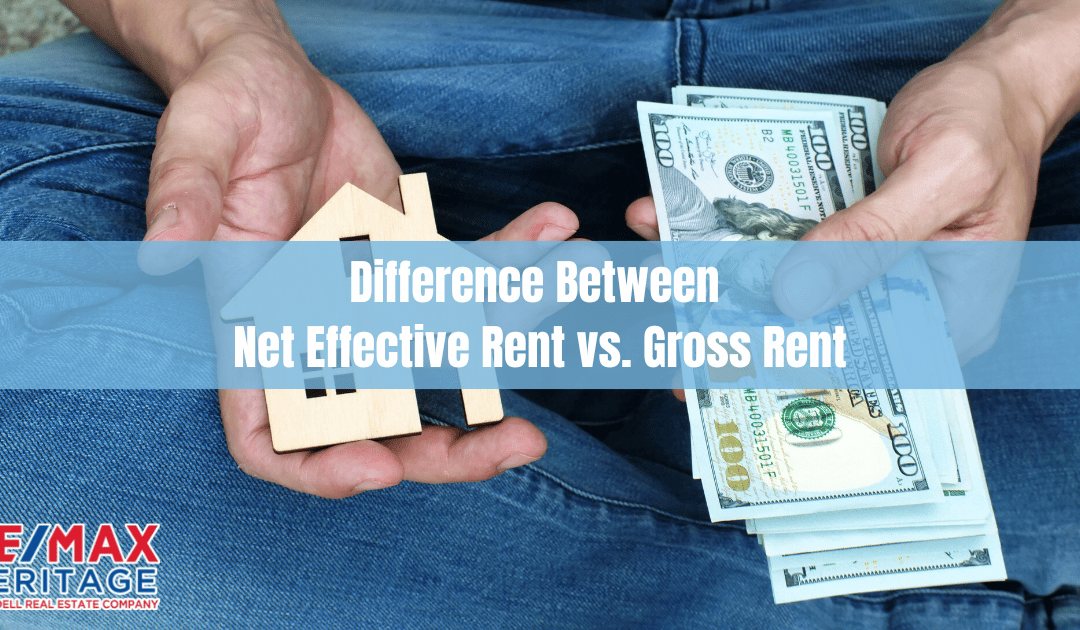
by Elsa Soto | Feb 17, 2023 | Blog, Homeowners, Homes, Villas and Condos, News, Property Management, Real Estate News, Renters
Difference Between Net Effective Rent vs. Gross Rent Difference Between Net Effective Rent vs. Gross Rent You may have come across a rental listing with an attractive rent price, only to discover the actual rent is more than the one in the ad. While this may come off...








